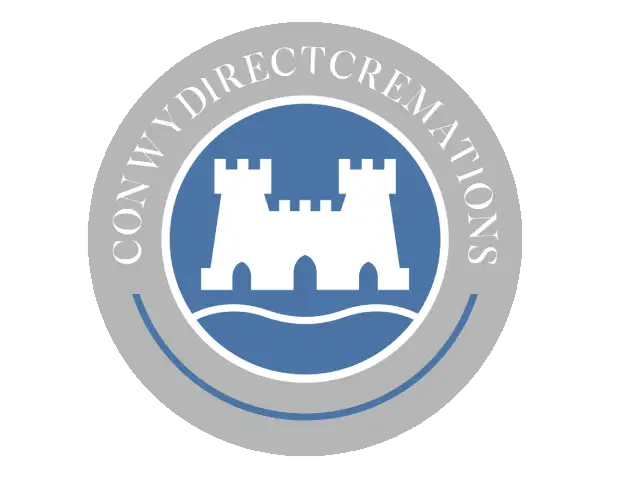1. Notify the Relevant Authorities
- At Home: If the death occurs at home, contact the deceased’s GP or call 111 if outside normal hours. They will guide you through the next steps
- In a Hospital or Care Home: If the death occurs in a hospital or care home, the staff will
manage the immediate process and advise you accordingly.
2. Contact a Funeral Director
After reporting the death, you should contact a funeral director. They will help you navigate the arrangements, paperwork, and provide necessary support during this difficult time.
3. Death Certification Review Process
Under the new regulations, a Medical Examiner will review the death before issuing a certificate:
- Medical Examiner’s Role: They review medical records and consult the attending doctor to determine whether a death certificate can be signed or if coroner involvement is needed.
- Doctor or Coroner Decision: The Medical Examiner decides whether the attending doctor can sign the death certificate or if a coroner needs to investigate further.
4. Registering the Death
Once the certificate is issued, the death must be registered. In Wales, this should be done within five days. To register the death, you will need:
- A medical certificate stating the cause of death.
- Personal details of the deceased, including their full name, date and place of birth, last address, and occupation.
- Information about the spouse or civil partner (if applicable).
5. Arranging the Funeral
After registering the death, you can arrange the funeral. A funeral director will guide you through this process, whether it’s a cremation, burial, or another form of ceremony.
6. Handling Legal and Financial Matters
- Notifying Institutions: Inform banks, insurance companies, and other relevant organisations. You may need to provide copies of the death certificate
- Wills and Probate: If the deceased left a will, the executor will manage the estate. If not, intestacy laws will dictate the distribution of assets.
7. Seek Support
The loss of a loved one can be incredibly challenging. Don’t hesitate to reach out to friends, family, or grief support services for emotional support.
Involvement of the Coroner
In some cases, the coroner may need to investigate further, especially in circumstances such as:
- The cause of death is unknown.
- The death occurred under suspicious or unnatural circumstances.
- The death occurred during surgery or was work-related.
If a post-mortem examination reveals natural causes, the coroner will provide the necessary paperwork to register the death. An interim death certificate may be issued if an inquest is required, allowing for the funeral to proceed.
Registering the Death
The death must be registered at the local register office where it occurred. You will need to bring:
-
- A medical certificate of cause of death.
- Personal information about the deceased.
After registration, the following documents will be issued:
- A Certificate for Burial or Cremation (Green Form) to proceed with funeral arrangements.
- Copies of the Death Certificate for legal and financial matters.
Additional Contacts to Consider
-
Social Services/District Nurses:
Return any equipment.
-
Doctor and Hospital:
Cancel any future appointments.
-
Employer or Professional Association:
Notify as needed.
-
Inland Revenue and Social Security:
Complete required forms to cancel payments
-
Local Council:
Cancel any housing or council tax benefits.
-
Utilities and Post Office:
Notify providers and arrange for mail redirection.
-
Banks, Building Societies, and Credit Card Companies:
Close or amend accounts
-
Life Assurance and Pension Providers:
Notify to update or close accounts
-
Store Cards and Memberships:
Cancel or transfer as necessary.
-
House and Contents Insurance:
Update policyholder details.
-
Mortgage Provider/Landlord:
Notify of any changes needed.
-
Other Personal Contacts:
Dentist, optician, mobile phone provider, broadband provider.
-
Banks and Financial Institutions:
Close or amend accounts.
Useful Contacts Across Conwy
By following these steps
You can ensure that everything is handled respectfully and in accordance with legal requirements, allowing you to focus on remembering your loved one. For more information or support, don’t hesitate to contact Conwy Direct Cremations.








